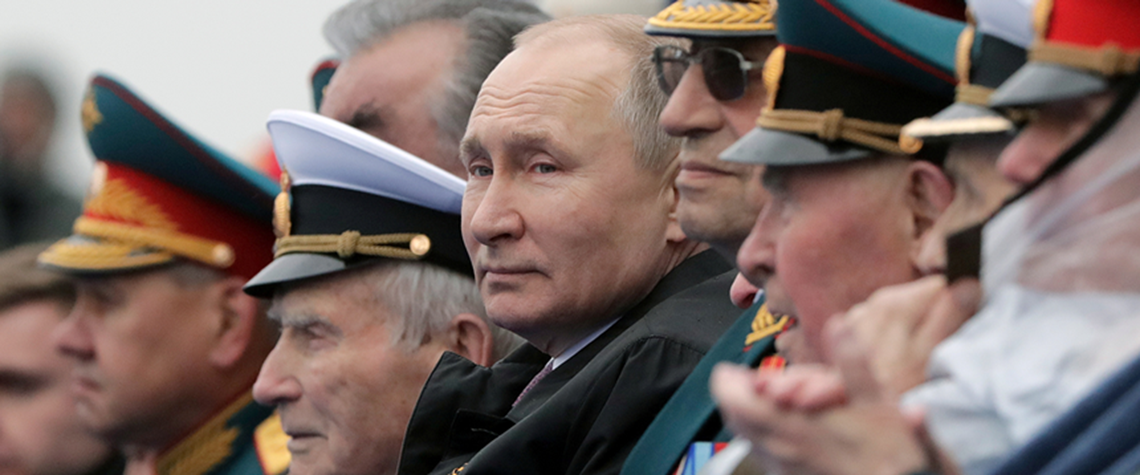Letter from Europe: Weaponised interdependence?
Mounting fear of an invasion of Ukraine has put Europe’s uneasy relationship with its biggest gas supplier back into the spotlight
Russian gas flows to Europe were unaffected by Moscow’s annexation of Crimea in 2014, partly because economic interdependence had evolved into a condition of mutually assured economic destruction. In 2013, gas accounted for about 14pc of Russia’s export revenues, or roughly $73bn. Russian gas accounted for nearly 30pc of EU supply, and more than a third of Germany’s. And so, when the US and EU formulated their response to the annexation, they were careful to avoid any measures that could disrupt the continued flow of gas from Russia to Europe. But now, Russia's swollen cash reserves may have convinced the Kremlin that it could withstand any retaliatory economic strike. Russia’s foreign reser

Also in this section
26 February 2026
OPEC, upstream investors and refiners all face strategic shifts now the Asian behemoth is no longer the main engine of global oil demand growth
25 February 2026
Tech giants rather than oil majors could soon upend hydrocarbon markets, starting with North America
25 February 2026
Capex is concentrated in gas processing and LNG in the US, while in Canada the reverse is true
25 February 2026
The surge in demand for fuel and petrochemical products in Asia has led to significant expansion in refining and petrochemicals capacities, with India and China leading the way







